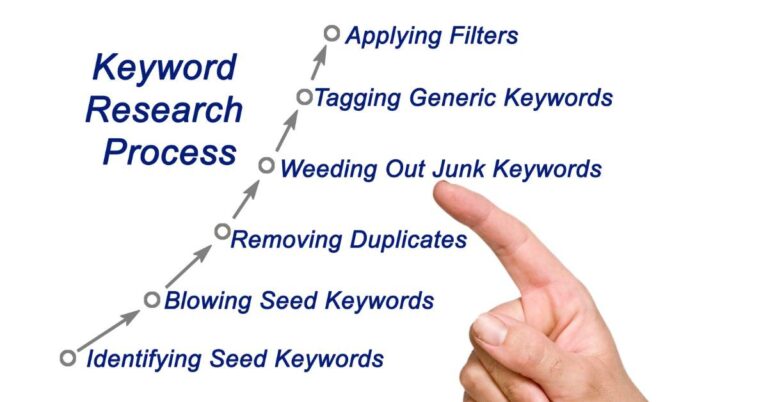
Unveiling the Hidden Gems: Where to Find SEO Keywords for Your Content
In this blog, we will explore effective methods and tools to unearth the SEO keywords that will skyrocket your content’s visibility. From brainstorming and leveraging Google’s suggestions to utilizing advanced keyword research tools and analyzing competitor strategies, we’ll guide you through a comprehensive process that will transform your keyword research game. So get ready to unveil the hidden gems and take your content to new heights of success!




